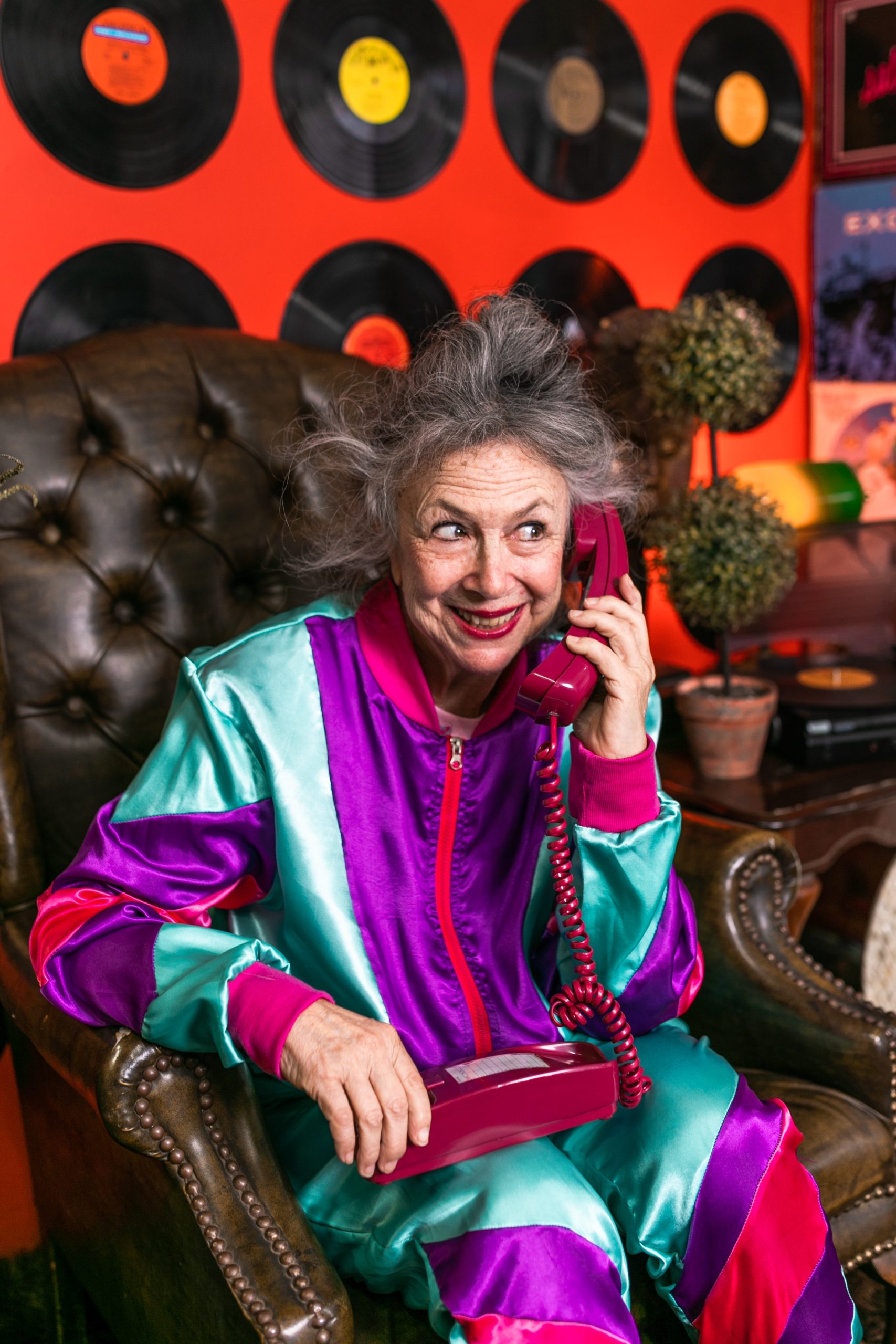Knitting as a Form of Self-Care for Older Adults

The image is not directly related to the article. It merely symbolizes the life of elderly people.
Knitting as a Form of Self-Care for Older Adults
What is self-care?
How can knitting be a form of self-care for older adults?
Knitting can be a form of self-care for older adults because it provides a sense of accomplishment and relaxation. The repetitive motion of knitting can be meditative and calming, which can help reduce stress and anxiety. Additionally, the act of creating something with one’s own hands can boost self-esteem and confidence.
What are the benefits of knitting for older adults?
Some of the benefits of knitting for older adults include: the promotion of relaxation and stress relief, the improvement of fine motor skills and hand-eye coordination, the enhancement of cognitive function, the reduction of loneliness and isolation, and the potential for socialization and community building through shared interests.
Are there any downsides to knitting?
While knitting can have many benefits for older adults, there are a few potential downsides to be aware of. Knitting for long periods of time can be physically taxing on the hands, wrists, and arms, which can lead to pain and injury. Additionally, some individuals may find the fine motor skills required for knitting to be challenging or frustrating.
How can older adults get started with knitting?
There are many resources available for older adults who are interested in learning how to knit. Local yarn shops may offer beginner classes or workshops, and there are also many online tutorials and instructional videos available. Starting with simple projects such as scarves or dishcloths can be a good way to build confidence and develop basic knitting skills.
As we age, it becomes increasingly important to prioritize self-care in our daily lives. Taking care of our physical, emotional, and mental well-being can help us maintain a positive outlook and enjoy a high quality of life. One activity that is gaining popularity among older adults as a form of self-care is knitting.
Knitting can be a relaxing and meditative activity that provides a sense of accomplishment and fulfillment. The repetitive motion of knitting can be soothing and calming, which can help reduce stress and anxiety. Additionally, knitting can help improve fine motor skills and hand-eye coordination, which can be especially beneficial for older adults who may be experiencing age-related declines in these areas.
One of the greatest benefits of knitting for older adults is the potential for socialization and community building through shared interests. Many older adults find that knitting groups provide an opportunity to connect with others who share their passion for knitting, and to form meaningful friendships and relationships.
While there are many benefits to knitting for older adults, it is important to be aware of the potential downsides. Knitting for long periods of time can be physically taxing on the hands, wrists, and arms, which can lead to pain and injury. Additionally, some individuals may find the fine motor skills required for knitting to be challenging or frustrating.
If you are an older adult who is interested in learning how to knit, there are many resources available to help you get started. Local yarn shops may offer beginner classes or workshops, and there are also many online tutorials and instructional videos available. Starting with simple projects such as scarves or dishcloths can be a good way to build confidence and develop basic knitting skills.
In conclusion, knitting can be a valuable form of self-care for older adults, providing a sense of accomplishment, relaxation, and socialization. However, it is important to approach knitting with caution and to be aware of the potential physical challenges involved. With the right resources and support, knitting can be a rewarding and fulfilling hobby for older adults of all skill levels.
The image is not directly related to the article. It merely symbolizes the life of elderly people. Knitting as a Form of Self-Care for Older Adults What is self-care? Self-care is the practice of taking care of oneself in order to maintain physical, emotional, and mental well-being. It involves making time for activities that promote…
Recent Posts
- Empowering Caregivers: The Best Online and Offline Resources to Enhance Your Skills
- Traveling with a Purpose: The Rise of Volunteer Vacations
- Breaking Stigma: Dispelling Myths about Mobility Aids and Disability
- Avoiding Probate: How Trusts Can Simplify the Estate Settlement Process
- Senior Citizens Beware: Common Financial Scams and How to Stay Protected

